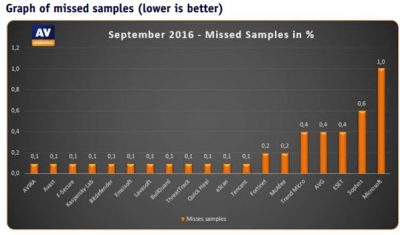

Your encouragement and constant feedback on how to improve our offering have only made our resolve and commitment to these ideals stronger. (Only the headline and picture of this report may have been reworked by the Business Standard staff the rest of the content is auto-generated from a syndicated feed.)īusiness Standard has always strived hard to provide up-to-date information and commentary on developments that are of interest to you and have wider political and economic implications for the country and the world. In order to stay protected, Kaspersky recommended that users should not open any suspicious files or attachments received from unknown sources. There was also a 27% increase in the number of different scripts - sent via malicious email campaigns or encountered on infected websites, which could, once again, reflect the fact that people spent more time on the Internet and attackers attempted to capitalise on that fact. Given that many people were working and studying from home, most likely on computers and laptops, attackers appear to have shifted their focus to these devices.
#Kaspersky new os article android#
The vast majority of malicious files detected (89.80 per cent) occurred via Windows PE files - a file format specific to Windows operating systems, said the report.Īt the same time, the number of new malware related to Android operating systems declined by 13.7 per cent.


On the decline is adware - programmes that bombard you with advertisements - which experienced a 35 per cent decrease when compared to 2019, Kaspersky said. There was also a noticeable increase in the number of backdoors detected, as well as worms - malicious programs that self-replicate on your system - written on the VisualBasicScript language and usually belonging to the Dinihou malware family. In general, the per cent of Trojans detected increased by 40.5 per cent when compared to the previous year. The report said that 60 per cent of those malicious files detected in 2020 were non-specific Trojans. "Either way, we have registered a noticeable increase in the number of new malicious files this year, and this will most likely continue going into 2021 as employees continue to work from home and countries implement different restrictions." It could be a combination of both," Denis Staforkin, security expert at Kaspersky, said in a statement. "It's hard to know whether or not attackers were more active or our solutions detected more malicious files simply because of greater activity.


 0 kommentar(er)
0 kommentar(er)
